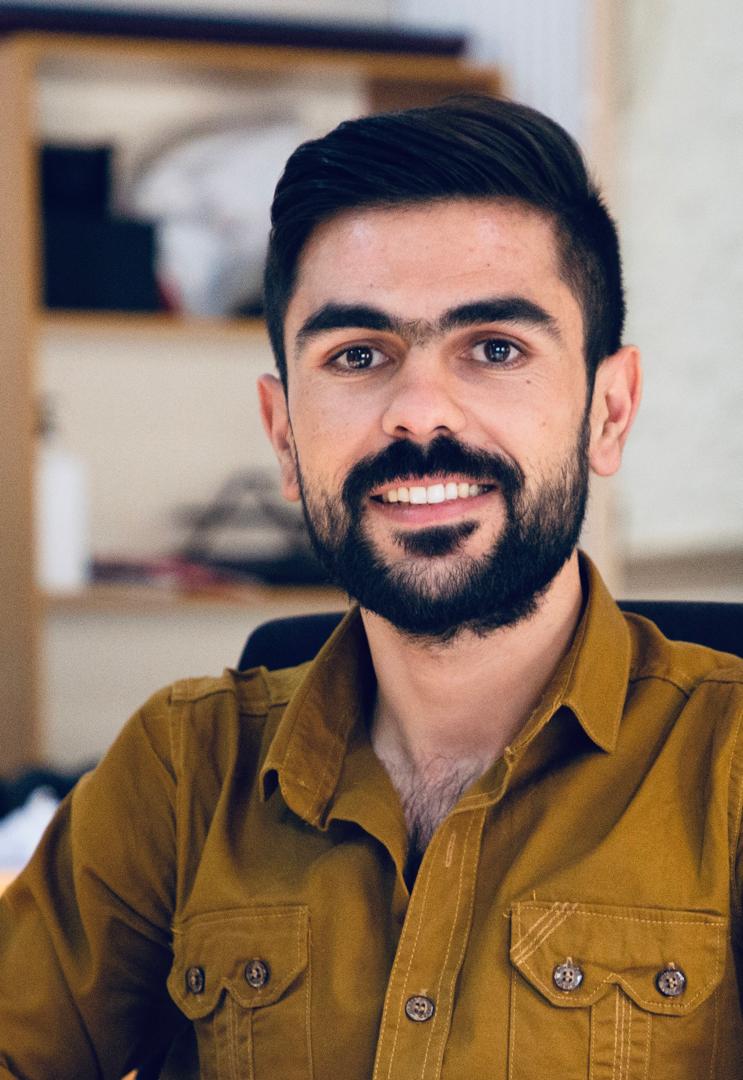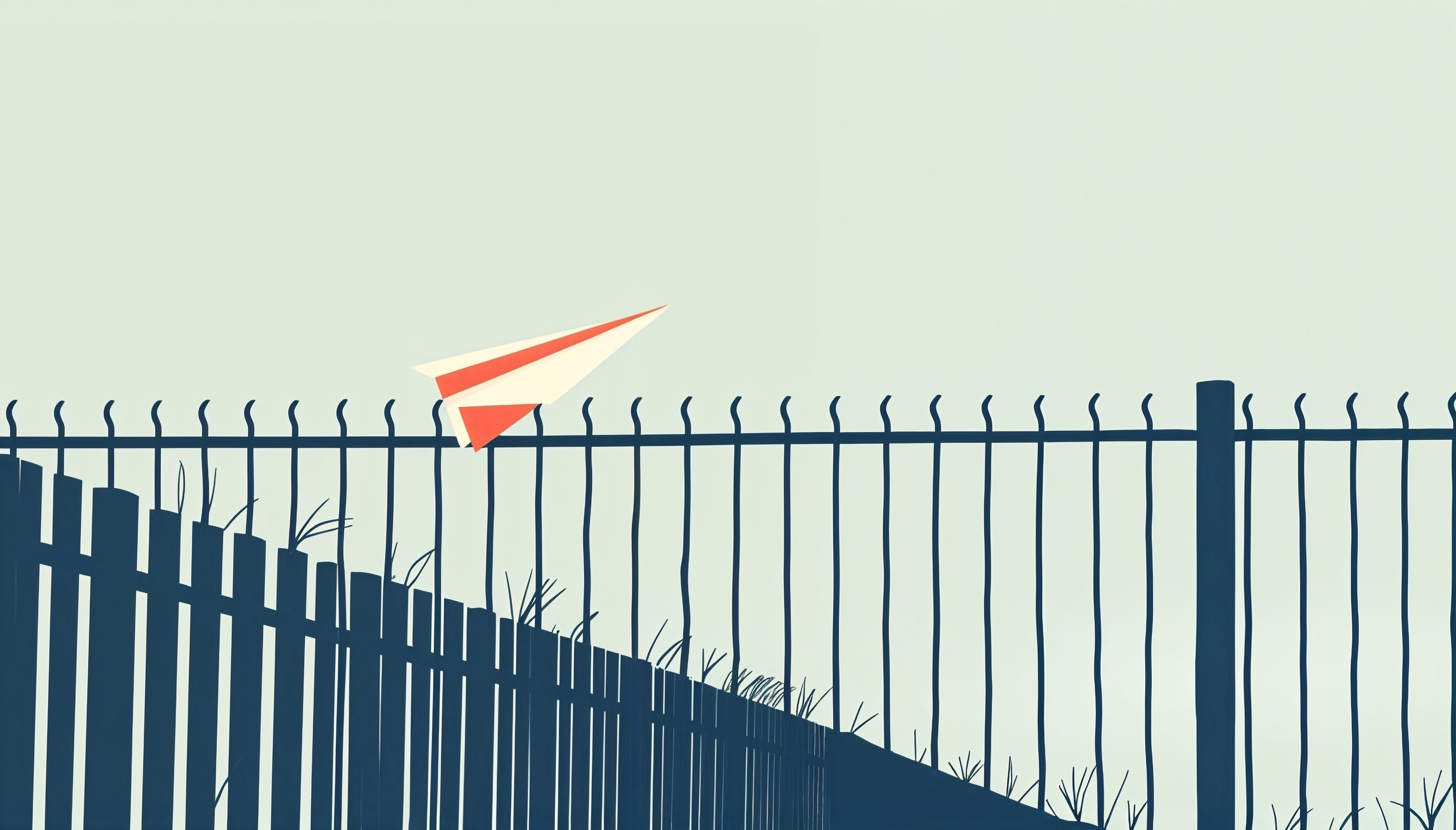Ali Jamil Hussein (61) and Kibar Haidar (57), a Kurdish couple from Afrin, have been living a story of displacement for more than a decade. The harshness of life was present in the details of their arduous journey, which began in the Sheikh Maqsoud neighbourhood of Aleppo, where they were forced to flee in 2013 due to the conflict in Aleppo between the opposition and the regime.
After their hardships in Aleppo, the couple returned to their hometown of Afrin in search of safety. But 2018 brought a new catastrophe, when they were forced to flee again as Turkey and its Syrian factions attacked the area.

Their destination was Tal Rifaat, where they settled for six and a half years, until pro-Turkish factions surprised them with another attack, forcing them to flee again in early December.

In Tal Rifaat, the couple lived through harsh days trapped in the bitter cold without food or basic necessities. Sleeping in their car was their only refuge while waiting in a mass exodus convoy.

After three long days, they were allowed to head towards SDF-controlled areas, beginning an arduous eight-hour journey to Tabqa.

They say that during the journey they were subjected to the worst kinds of blackmail and humiliation by HTS factions and the National Army, who called them pigs and threatened that they were coming to kill all the Kurds.
They also talk about how they witnessed the fighters of these factions abusing the bodies of Syrian regime soldiers, which filled the streets.
Al-Tabqa was not the last stop in their suffering, as the couple found no shelter there and were forced to sleep in the open in their car without any heating. The number of displaced families is estimated at 25,000 and the number of displaced people at more than 121,000.
Tensions escalated again with the armed factions' attack on Manbij and the movements of sleeper cells in Tabqa, prompting them to flee to Hasakah, even though their car broke down on the way and their journey took ten hours, covering only about 250 kilometres.
Today, Ali and Kibar live in a tent in Hasaka, suffering from instability and uncertainty. Kibar suffers from chronic diseases such as high blood pressure and diabetes, and the conditions of displacement have further deteriorated her health.
As their children migrated abroad to escape danger, the couple found themselves alone in the face of a fate that only holds more displacement.












